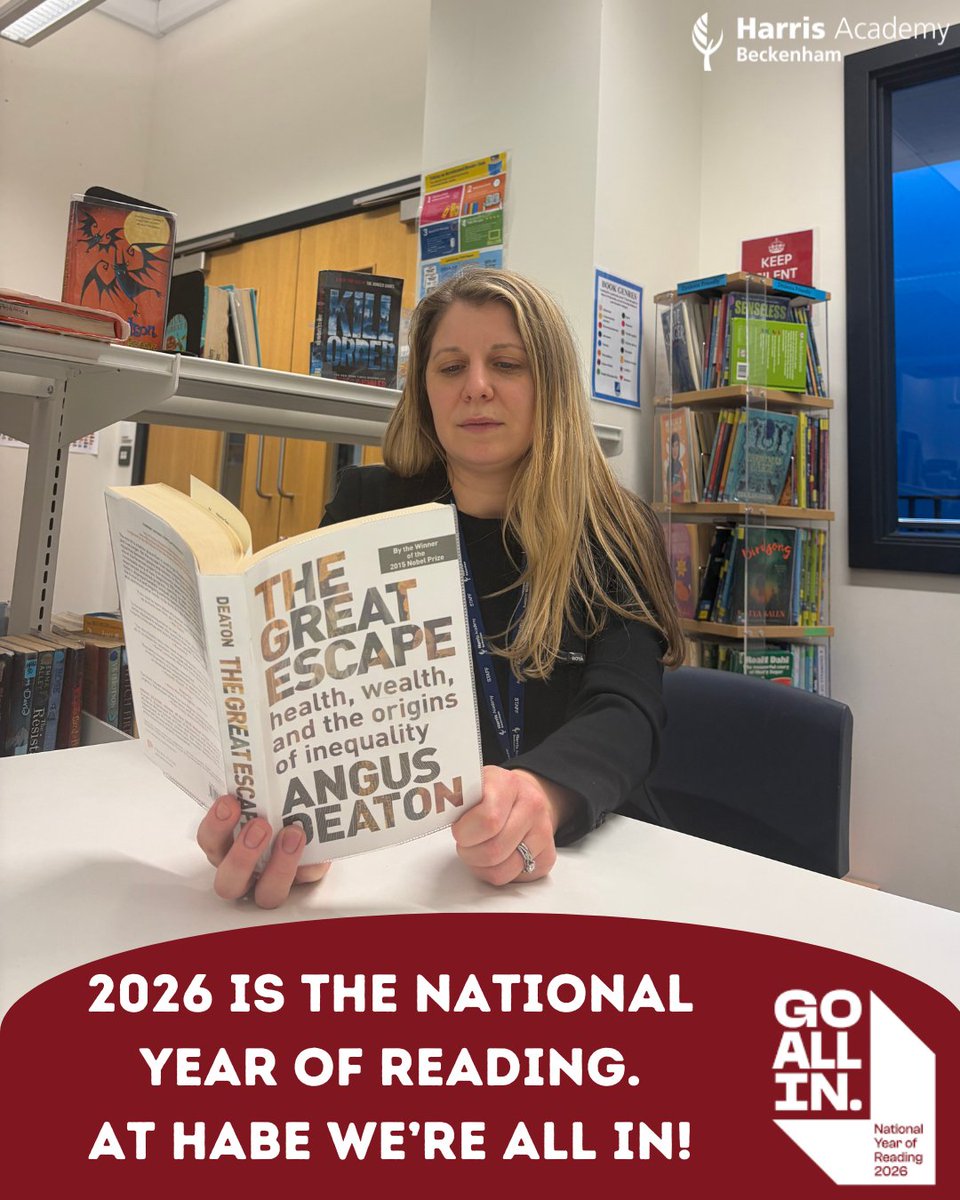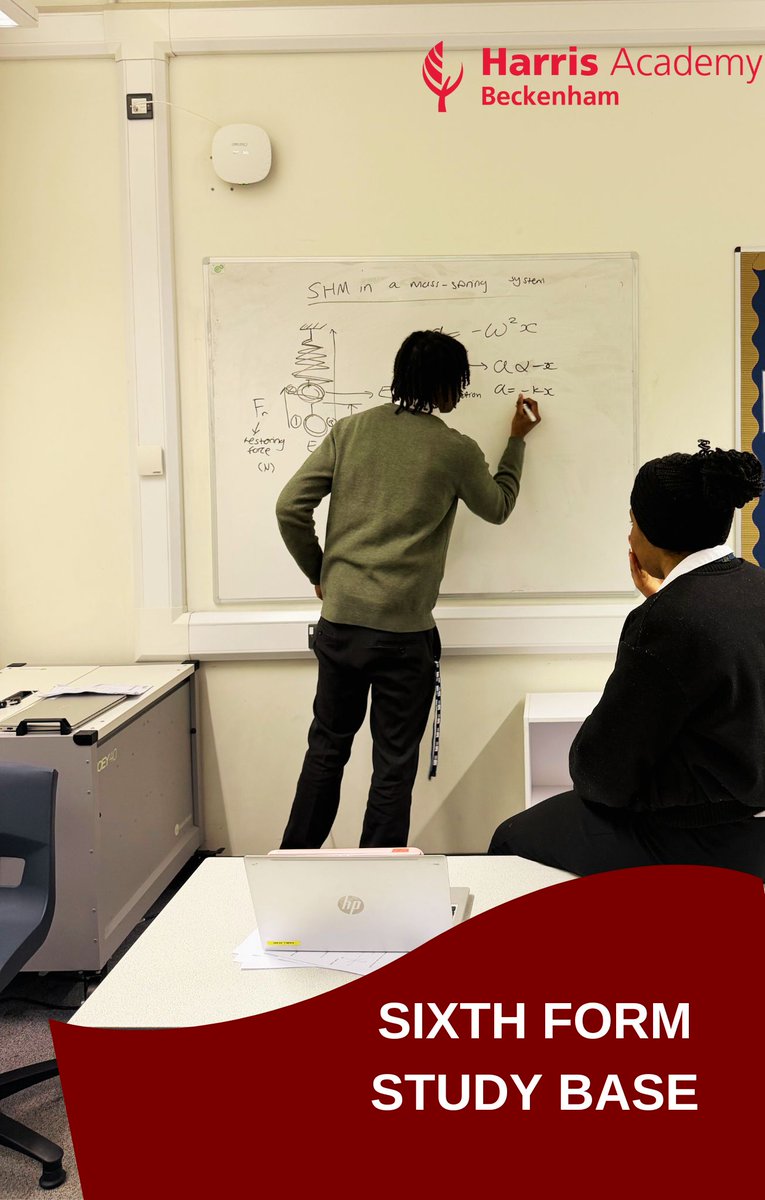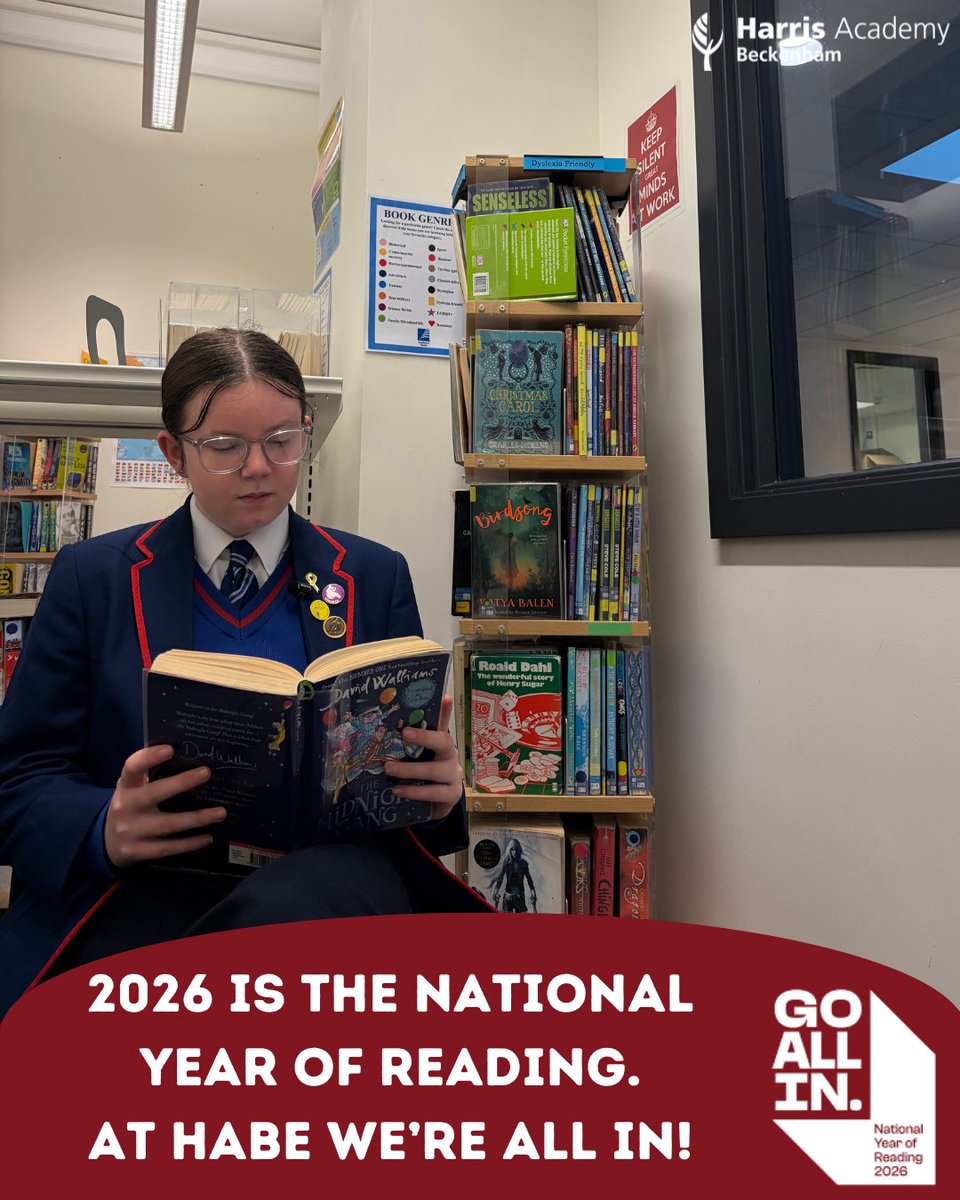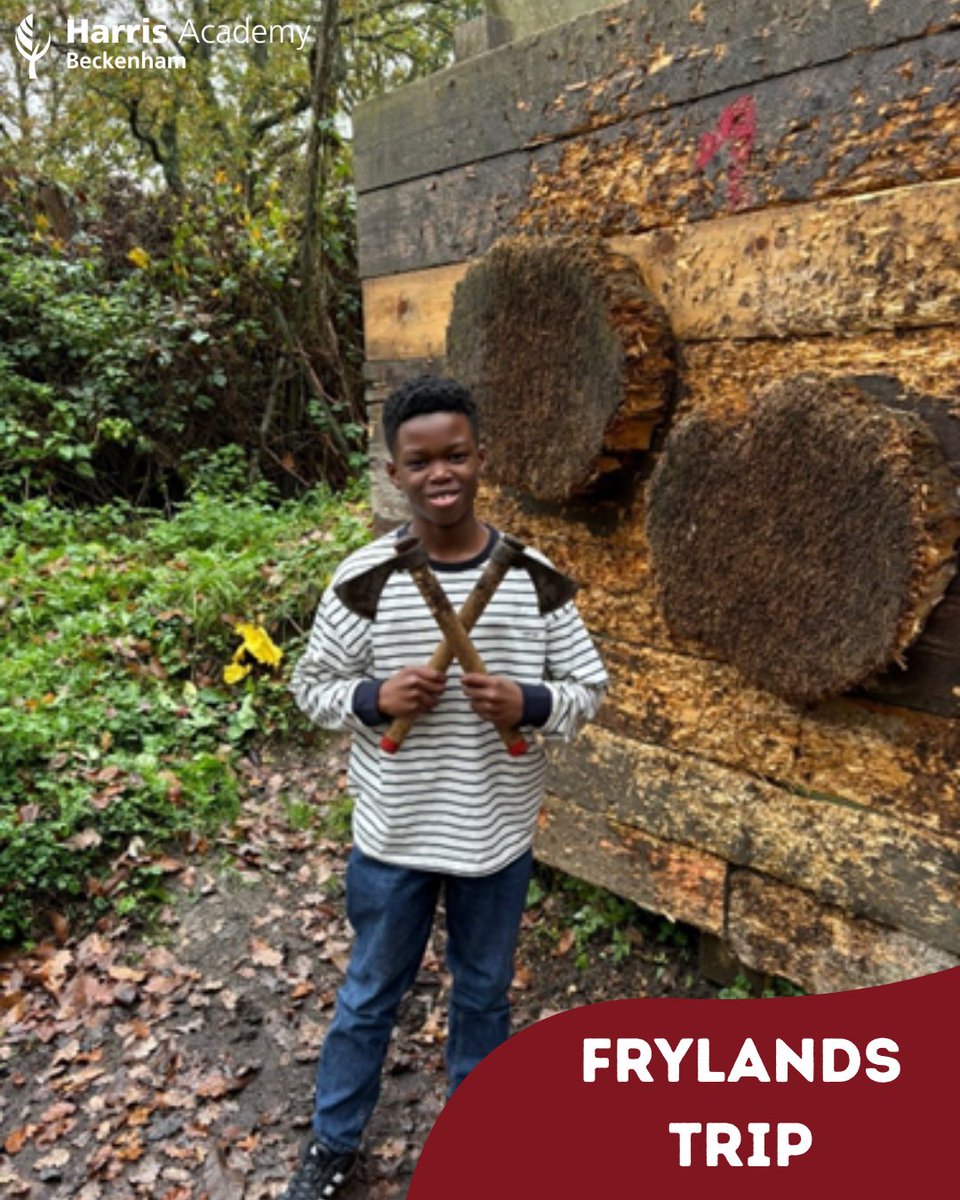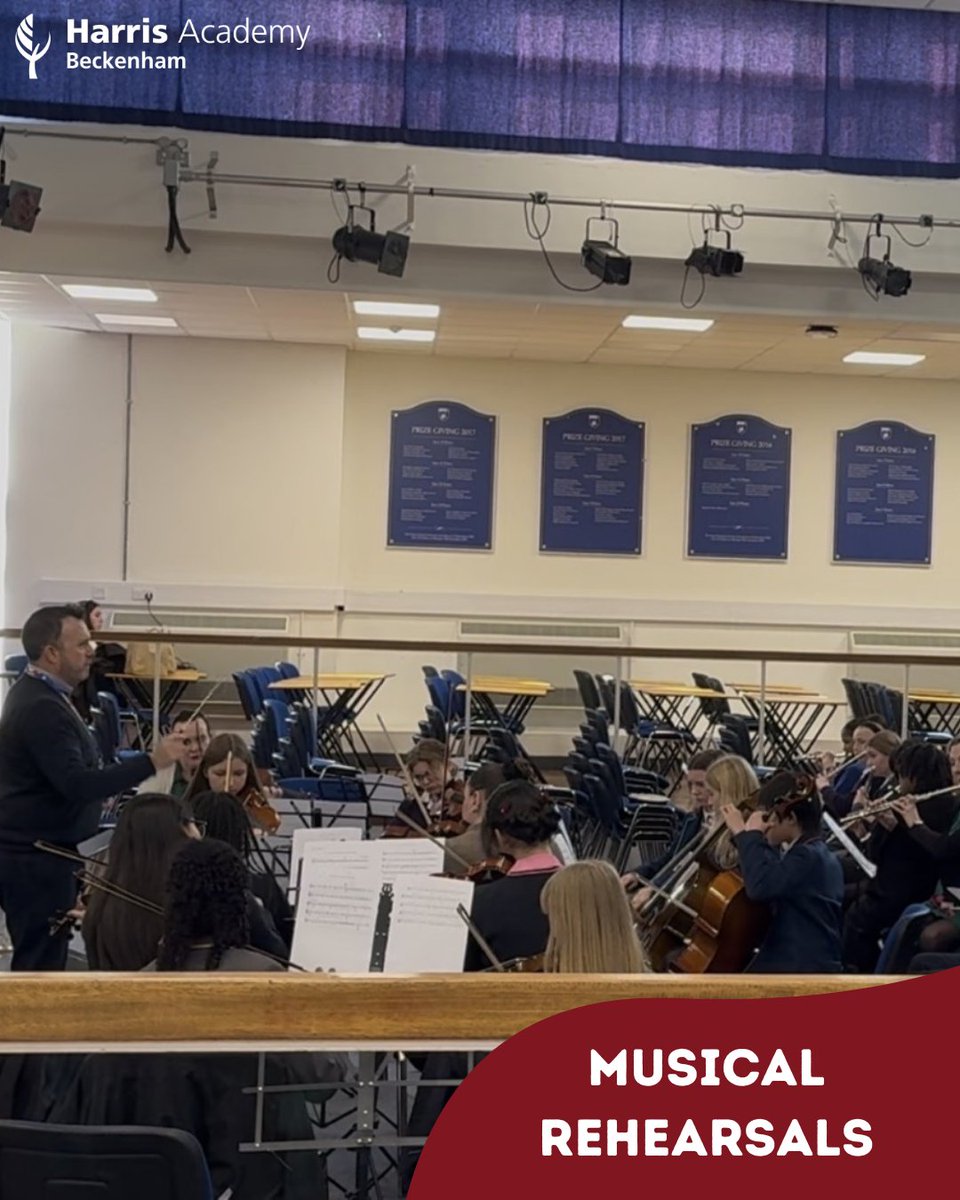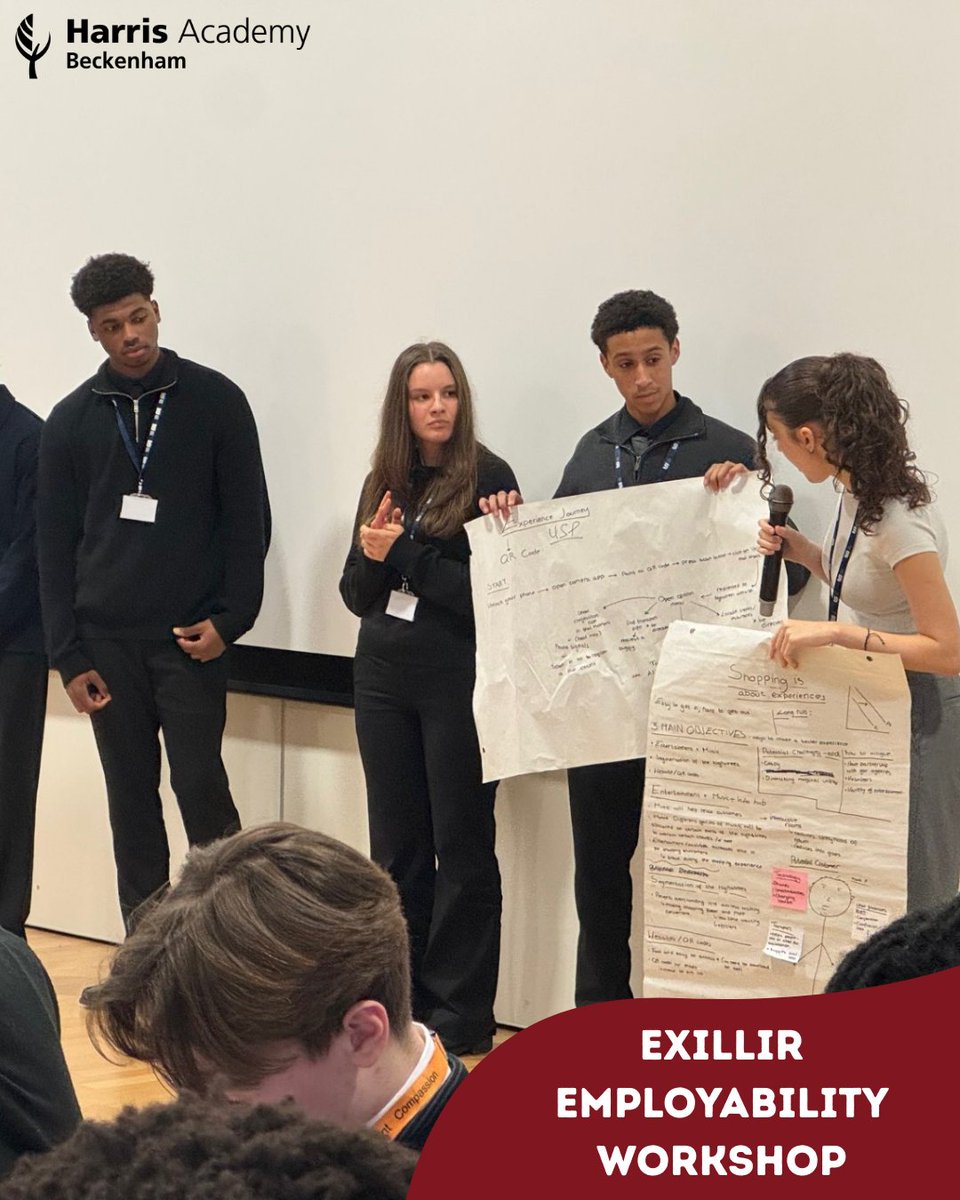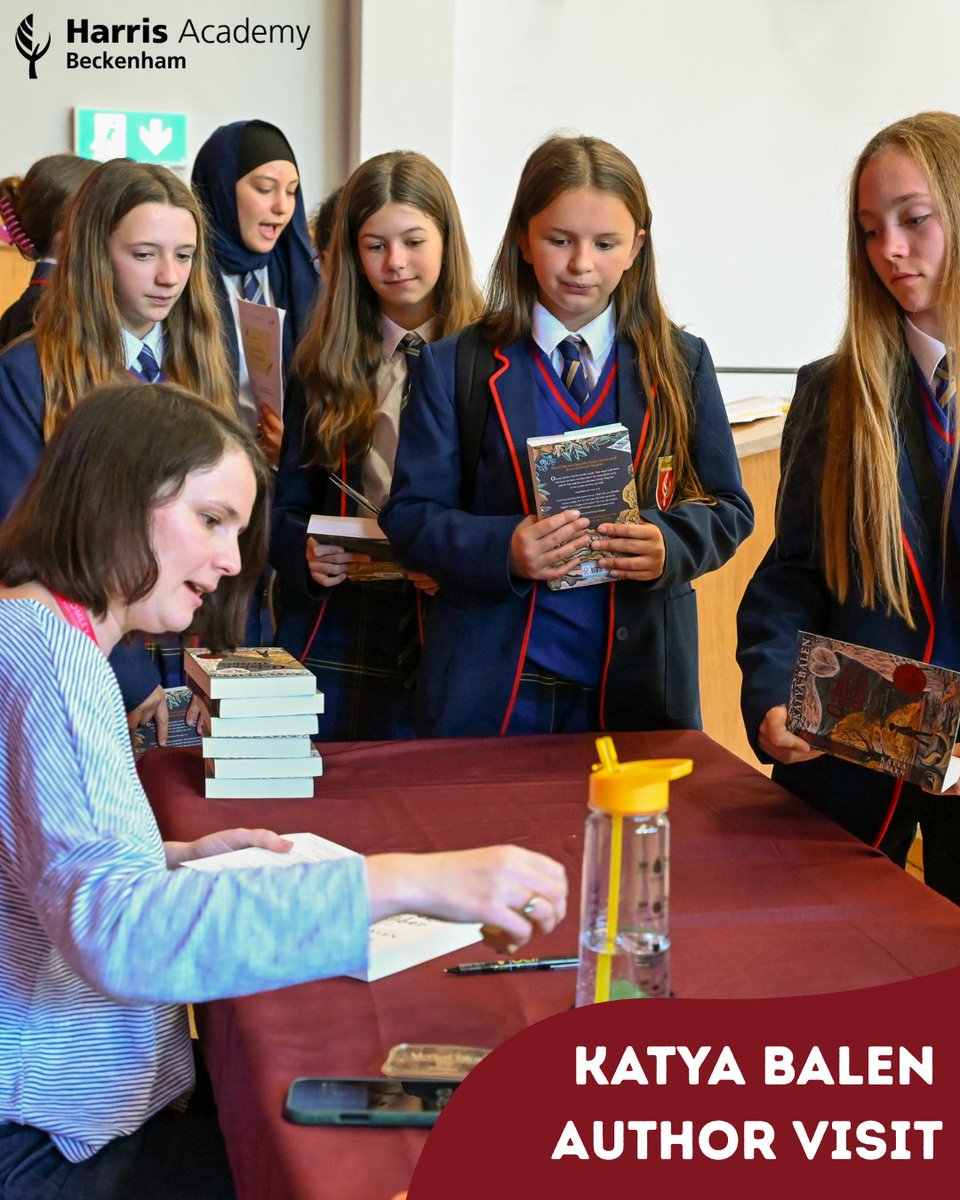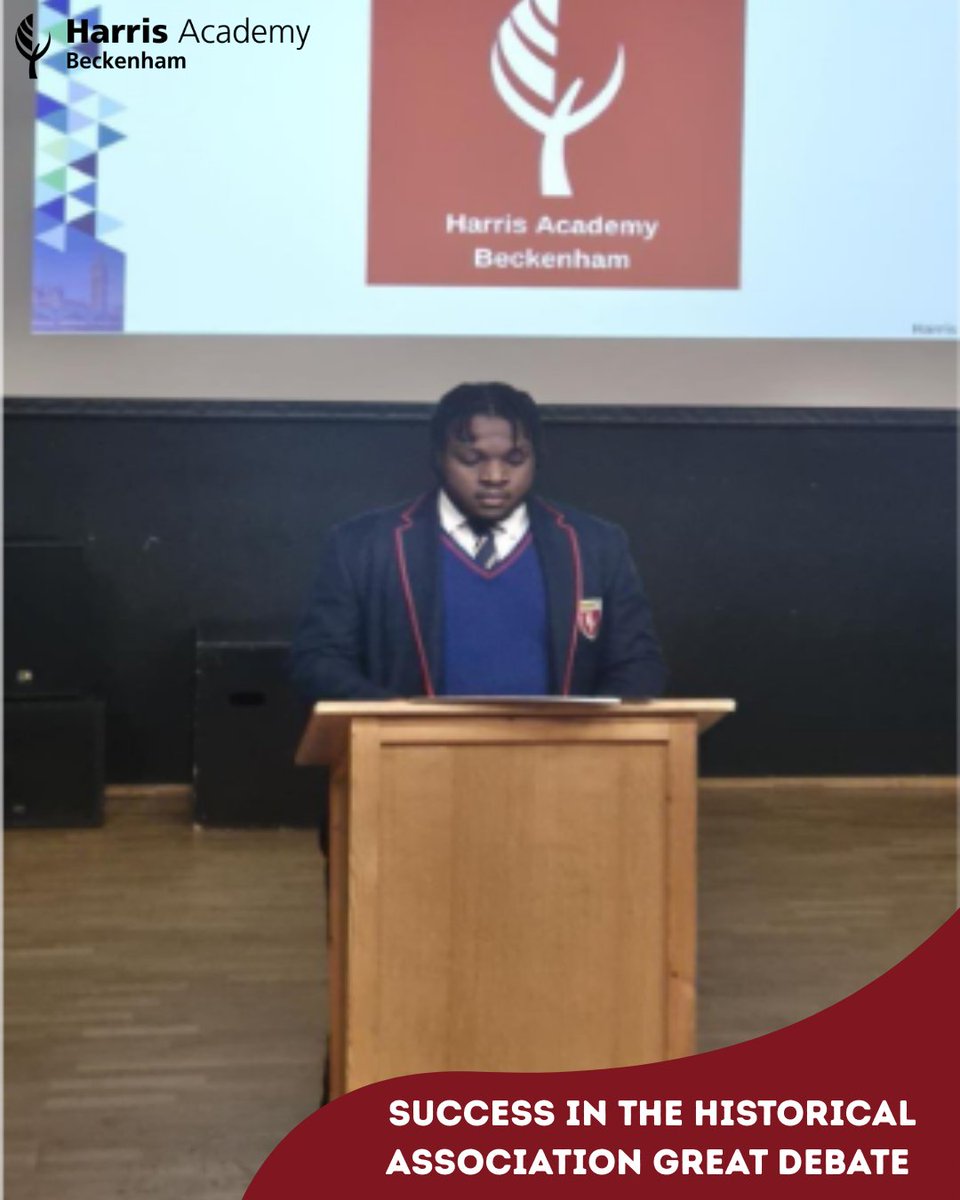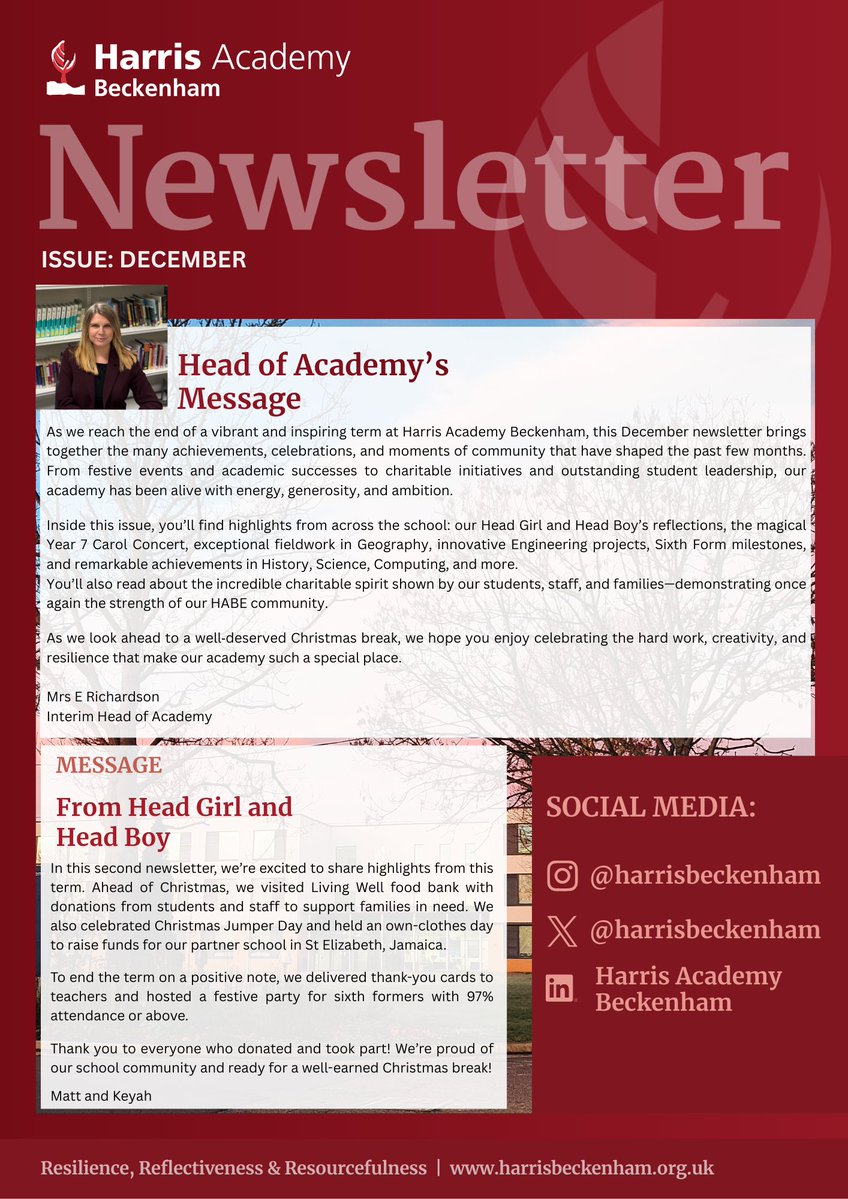Geography
Curriculum intent
Geography holds the key to our future. Its multidisciplinary, debate-provoking and current nature allows the acquisition and application of a passion for knowledge. So many of the world's issues have answers in geography and need the geographers of the future to help us to understand them: global warming, sustainable food production, natural disasters, the spread of disease, migration and the future of energy resources are just some of the great challenges facing the next generation of Geographers and we will need socially, emotionally and geographically literate young people ready to join the workforce.
For further details of the Geography curriculum please see the documents at the bottom of the page or contact Mrs. E Hamlin.
Importantly, Geography equips young people with skills which employers look for, such as analytical thinking and problem solving. It encourages students to develop geographical passions that last for life, such as challenging the injustice of global poverty.
Geography captures the imagination of our students and helps them to contextualise and understand a diverse range of issues effecting people and the environment locally, regionally and globally. The overall aim of the subject of Geography is to build capacity in knowledge, understanding, application and skills in order to develop geographically literate pupils. Central to this is the teaching of knowledge to ensure that it enters the long-term memory of students. This deep, long-lasting knowledge is then used to form strong links with the content studied across the year.
In order to achieve this, the domains of place, space and scale are taught throughout the curriculum. This enables students to understand the dynamic world in which we live and how its physical and human systems interact. Students become purposeful, passionate and independent learners; critical and reflective thinkers with enquiring minds.
Engaging fieldwork which incorporates research and first-hand primary data collection also builds the skills necessary to collect, analyse and manipulate data.
- Year 7 examine microclimates on the school grounds
- Year 8 assess whether Beckenham High Street is a clone town
- Year 9 investigate infiltration rates on the school grounds
- Year 10 study the Darent River valley
- Year 11 investigate Canary Wharf and Stratford
- Year 12 assess gentrification in Notting Hill and regeneration of King's Cross, as well as a three-day coastal study of Dorset.
These field trips will set the curriculum in context and consolidate our 4 R’s whilst enhancing every child’s cultural capital.
Implementation
Key Stage 3 is designed to deliver a balance of the four aspects of geographical study as outlined in the National Curriculum: locational knowledge; place knowledge; human and physical geography; and geographical skills and fieldwork.
Each year of geographical study includes an equal focus on both physical and human topics and their interactions. These are taught in a sequential order to facilitate greater challenge, layered learning and interleaving of knowledge and evaluation throughout. Climate, development, human/physical interaction, geomorphology and sustainability are the concepts we use to measure progression in our curriculum planning.
There is a local fieldwork project in each year of KS3. At KS4 there are two contrasting fieldwork opportunities; the study of the river Darent in Year 10 and the London docklands and Stratford urban study in Year 11. Key Stage 4 draws its design and content from the OCR B Geography for Enquiring minds syllabus. The curriculum has been designed to make students aware of their own contributions to certain issues, such as climate change. This encourages students to reflect on their lifestyle choices and consider the values by which they will live their life. Central to geographical issues is the potential that students must improve their community.
All students have one 80-minute lesson per week at KS3 Geography. The OCR B GCSE Geography course is two 80-minute lessons per week. Each lesson is led by an enquiry known in the academy as ‘the Big Question’ ensuring students know where the topic is leading and its relevance to their lives.
There is an emphasis on the use of ‘Knowledge Retrieval’ at the beginning of every lesson allowing students the opportunity to revisit their knowledge and conceptual understanding, ensuring that students can keep their powerful knowledge in their long-term memory. This also allows for teachers to check for understanding before re-teaching or adapting to ensure that the high pitch of the lesson is engaged with across the classroom.
In these lessons students are challenged to ‘think hard’ from the immediate outset of a lesson and know that there will be an independent assessment that allows them to demonstrate their application of knowledge at the close; this is an approach that is mirrored across the academy. Here we upskill our students through the development of geographical language, getting them to think like geographers. This includes breaking down impact analysis into short and long term, positive or negative, as well as social, economic, and environmental impacts.
The academy has a pedagogical layering of ‘I do, We do, You do’, thereby our geographers are expectant of this approach in our lessons. This is also underpinned with our ‘Word of the day’, which inspires students to take hold of their geographical language and embed this within their analysis of each key question of that lesson.
Year 7 curriculum is focussed on atlas and OS map skills, with an emphasis on place knowledge of the world and the UK. To complement History, we also study the geography of Beckenham and Kent. This sense of place builds all the way up to A level. The regional nature of study assessing Bluewater, the housing crisis of London and settlement patterns in Kent, all makes the subject more relevant to the lives of our students. The study of the UK in Year 7 is building up to the topic of UK in the 21st Century at GCSE in Year 10. Coasts and the topic of weather and climate ensure a good amount of physical geography in Year 7.
Year 8 curriculum starts with plate tectonics and a volcano case study. This builds to GCSE which has a case study on earthquakes instead. At A level we opt for Paper 3 hazards topic, and so this is a good way to build through the years. The urban topic helps with GCSE and Urban Futures topic. India as a topic links with the Commonwealth and topics of population, development, tourism, globalisation and climates. The UK, geology and landscapes topic ensures good physical balance in the curriculum. There are concepts of weathering, erosion and tectonics to compliment GCSE Dynamic Landscapes topic. The final topic of oceans is both engaging and again much focus on physical processes to achieve a balance with human geography each year.
Year 9 begins with development studies as this is a key topic in year 11 and is a challenging subject that engages students in this key year of learning. Students are too young in the lower years to cope with many of these concepts. China is a logical next topic as it complements many of the previous concepts of development studies but in a regional study, that also has environmental themes such as water management and desertification challenges. UK energy and food security and sustainable living is another engaging topic with links to science curriculum. Water stress in the UK, river restoration and flood management are a good topic to build into the GCSE course. The OCR B GCSE does not look at river floods or freshwater management. The final topic of climate change is a very engaging subject for Year 9 students, and will be covered again in year 11, so again this provides a good steppingstone to the GCSE course.
Year 10 begins the GCSE OCR B course and is dominated by physical content, as this is often far easier for students to grasp in extended writing tasks. Global hazards are a great way to start the course and encourage both strong and weaker students to engage with the subject. Sustaining Ecosystems are new case studies as rainforest and polar biogeography have not been covered in KS3 Geography, so this is a challenging and interesting topic. UK in the 21st Century gives Year 10 some human geography focus and is a very straight forward topic. We complete the year with Distinctive Landscapes of coasts and rivers, which leads into fieldwork skills for Paper 1 on the Darent river.
Year 11 starts with Changing Climate which is a hard topic, but at least students have some background to it from the end of Year 9. Urban Futures is quite a challenging human topic and some background from Year 8 builds towards this. We do a piece of fieldwork in Canary Wharf and Stratford for Paper 2 to coincide with this topic. Resource Reliance and food security in contrasting places is the next topic. Students have a background understanding from Year 9, although energy security was more of a focus than food here. Dynamic Development is the final topic and is very challenging but engaging at the end of the course. Students have good background understanding from a similar topic in Year 9. There is enough time to do Paper 3 decision-making practice and synoptic questions, as well as recap many skills covered throughout the 2-year course. There is also just enough time to recap key case studies from across the 2-year course.
Impact
The geography curriculum gives students the opportunities to explore the outdoor learning environments, both within the school grounds and the local community, and through field trips further away from London, in every year group apart from Year 13.
By the end of Key Stage 3 all students should have a good knowledge of where places are and what they are like. By the end of Key Stage 4 they will all have a good understanding of the ways in which places are interdependent and interconnected and how much human and physical environments are interrelated. After GCSE and A level students will be able to deal with complex geographical enquiry and the ability to apply questioning skills and use effective analytical and presentational techniques. Also, they will have the ability to reach clear conclusions and develop reasoned arguments to explain findings from their own fieldwork investigations.
We hope all students will have a passion for and commitment to the subject, and a real sense of curiosity to find out about the world and the people who live there. Students should have the ability to express well-balanced opinions, rooted in very good knowledge and understanding about current and contemporary issues in society and the environment.
The department are active in continued training, ensuring they are the experts in the topics that they teach. There is clear progression of skills across Key Stages 3, 4 to 5, that builds on prior knowledge that can be demonstrated in books.



